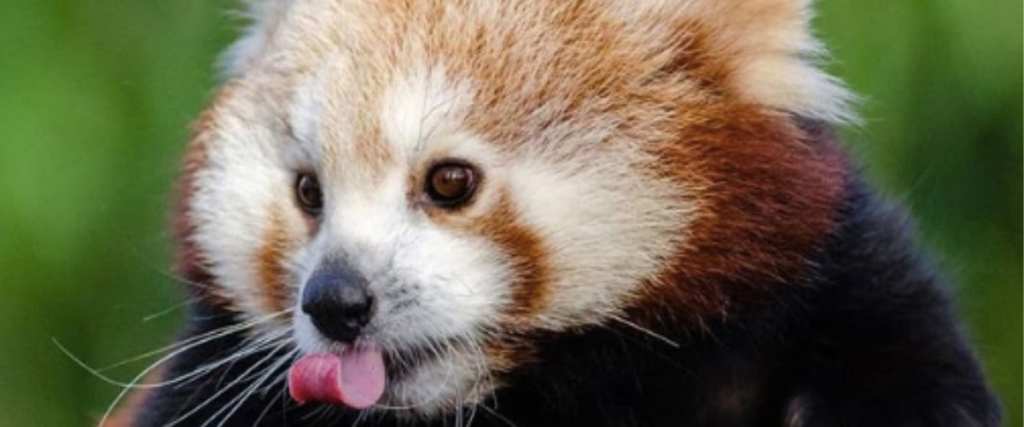The planet is warming, people are invading every last nook and cranny of the globe, and pollution is at an all time high – all of which combines to mean that there are thousands of species in danger of disappearing from the earth forever.
For the first time since it began in 1964, the International Union for the Conservation of Nature (IUCN)’s list of threatened species has surpassed 100,000. 9,000 were added in the past year, bringing the total to 105,732, and a full third of those – 28,338 species – are staring down extinction if nothing changes.
https://www.instagram.com/p/B058nWZn-Ld/
Freshwater fish are particularly at risk these days, with half of all species endemic to Japan threatened and a third of those from Mexico facing the same fate. The IUCN lists agricultural and urban pollution, loss of free-flowing rivers, dams, weirs, fishing, and invasive species as the main reasons for decline.
“To halt these declines, we urgently need policies on the human use of freshwaters that allow for the needs of the many other species sharing these ecosystems,” argues Willam Darwall, head of the IUCN’s Freshwater Biodiversity Unit.
https://www.instagram.com/p/B1FlTa0nAvH/
Saltwater inhabitants are hardly faring much better, with an entire group known as Rhino rays ready to disappear in the wild at the drop of a hat. Though not technically sharks, their dorsal fins are making them targets of the same people decimating the world’s shark population for shark fin soup.
“To prevent losing these ray families, it is critical that governments immediately establish and enforce species protections, bycatch mitigation programs, marine protected areas, and international trade controls,” warns expert Colin Simpfendorder.
500 deep-sea bony fishes have also been added to the list, endangered by deep-sea fishing, seabed mining, and the oil and gas industries.
On land, 7 new primate species find themselves officially endangered, 6 of which reside in West Africa. The IUCN says as many as 40% of West and Central African primates are threatened with extinction, including the roloway monkey, hunted for its meat. Deforestation also plays a critical role in the displacement and struggle many species face.
https://www.instagram.com/p/Bzi3GHUoi-k/
“With more than 100,000 species now assessed for the IUCN’s Red List, this update clearly shows how much humans around the world are overexploiting wildlife,” says IUCN Acting Director General Dr. Grethel Aguilar.
“We must wake up to the fact that conserving nature’s diversity is in our interest, and is absolutely fundamental to achieving the Sustainable Development Goals. States, businesses and civil society must urgently act to halt the overexploitation of nature, and must respect and support local communities and Indigenous Peoples in strengthening sustainable livelihoods.”
Here’s hoping enough people listen before it’s too late.






